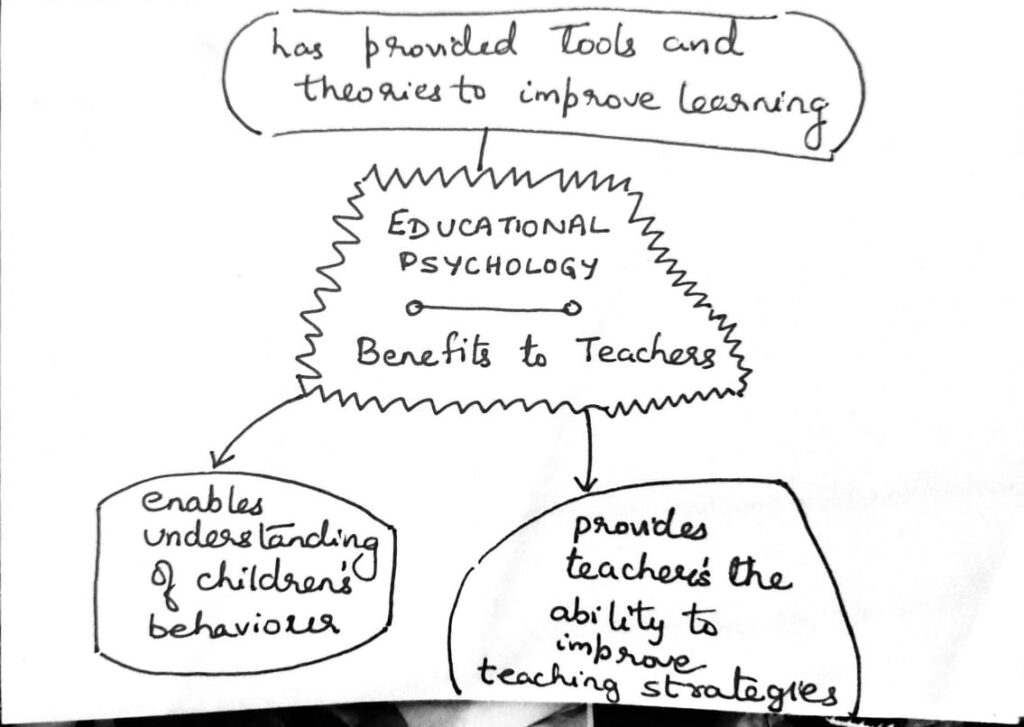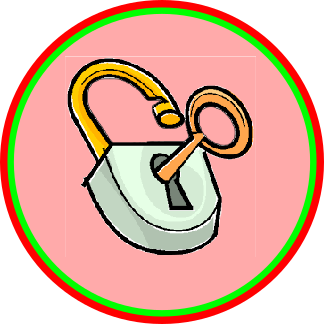Educational Psychology is the study of learners, their learning and teaching. It involves the accumulated knowledge, wisdom and theories possessed by teachers that are employed by them to solve problems and challenges in teaching.
It addresses two core questions
- Why do some individuals learn more than others?
- What can be done to improve that learning?
Focusses on
- the child, his development, his need and potentialities
- group dynamics and its effect on learning
- the learning process, its nature and ways to make it more effective
In other words, educational psychology is the psychology of learning.
Good Teaching = Research + Common Sense Approach
Research is performed using two approaches
- Correlational Study
- Descriptive Studies
The correlational study describes the relationship of variables as they naturally occur.
Descriptive study identifies and gathers detailed information about something of interest. (Surveys, interviews and questionnaires)
Action research is generally employed by teachers to solve a specific problem in the classroom or school improve a particular teaching or educational strategy

Educational Psychology helps in
- developing instructional methods and materials used to train teachers
- bring about desirable changes in the pupil that improve his assimilation of learning.
Lindgren’s View – 3 focal points of Educational Psychology
- The Learner
- The Learning Process
- The Learning Situation
Contribution of Educational Psychology so far
- Audiovisual Aids
- Cocurricular Activities
- Timetable
- School and Classroom administration
- Production of Textbooks
20 psychological principles that will contribute to the students’ learning

